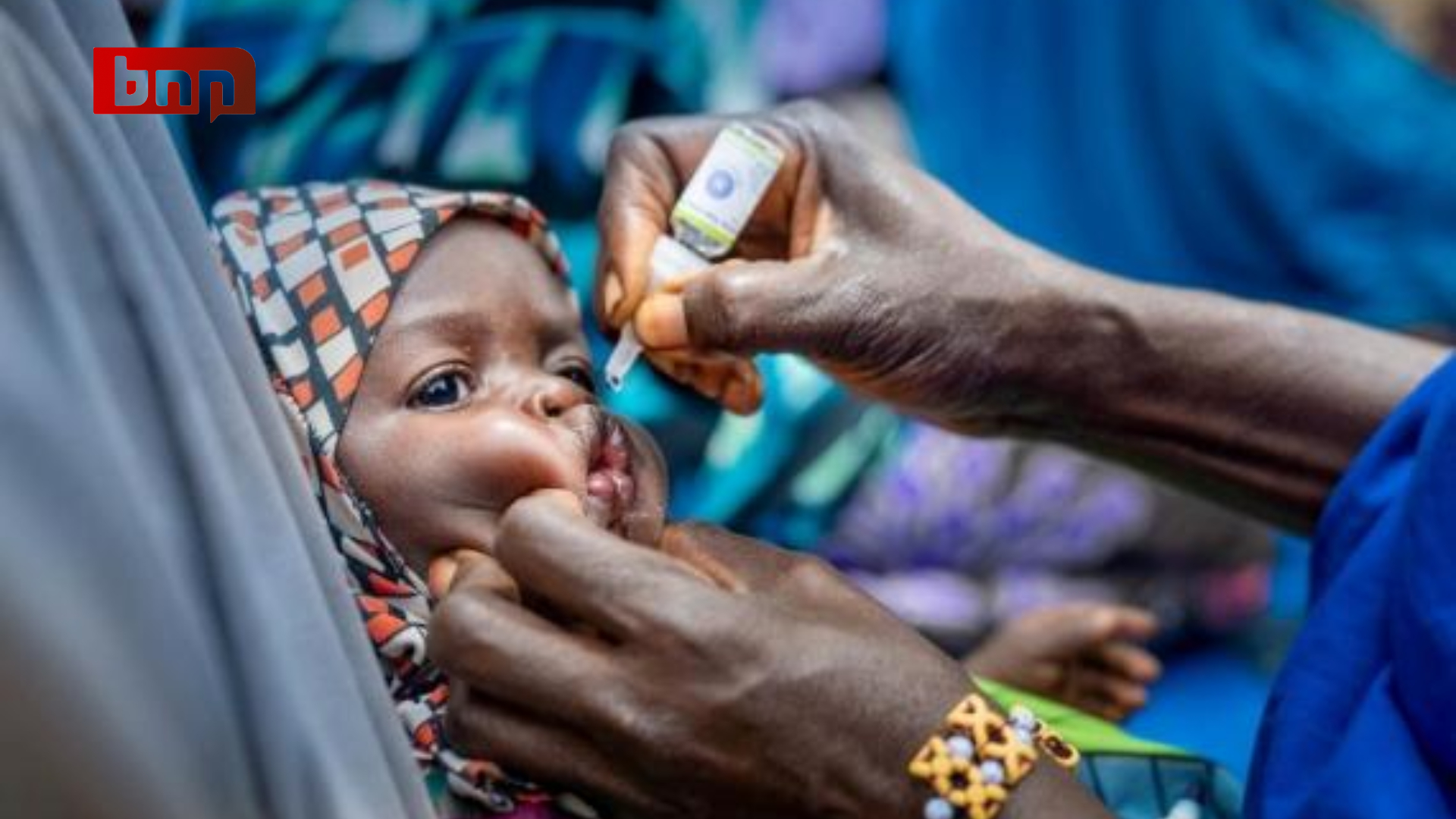An immunisation report released on Thursday by the United Nations Children’s Fund finds that 67 million children across the world missed out on either some or all routine vaccinations between 2019 and 2021, and 48 million children did not receive a single dose during this period.

The report showed that as of the end of 2021, India and Nigeria – with very large birth cohorts, had the largest numbers of zero-dose children but increases in the numbers of zero-dose children were especially notable in Myanmar and the Philippines.
India leads the world with the largest number of 2.7 million children with zero doses, followed by Nigeria with 2.2 million unvaccinated children.
New data indicates declining confidence in childhood vaccines of up to 44 percentage points in some countries during the COVID-19 pandemic, service disruption caused by strained health systems and diversion of scarce resources, conflict and fragility.
The public perception of the importance of vaccines for children declined during the COVID-19 pandemic in 52 out of 55 countries studied, UNICEF warned in the report.
These factors include uncertainty about the response to the pandemic, growing access to misleading information, declining trust in experts, and political polarization.
The report titled ‘The State of the World’s Children 2023: For Every Child, Vaccination’ reveals the perception of the importance of vaccines for children declined by more than a third in the Republic of Korea, Papua New Guinea, Ghana, Senegal and Japan after the start of the pandemic.
In the new data, collected by The Vaccine Confidence Project, China, India and Mexico were the only countries studied where the data indicates the perception of the importance of vaccines held firm or even improved. In most countries, people under 35 and women were more likely to report less confidence about vaccines for children after the start of the pandemic.
“In Angola, Nigeria and Papua New Guinea, a child from the wealthiest group in society is at least five times more likely to be vaccinated than one from the poorest group. The children who are not vaccinated are also often the children of mothers who have not been able to go to school and who are given little say in family and spending decisions,” the report showed.
“At the height of the pandemic, scientists rapidly developed vaccines that saved countless lives. But despite this historic achievement, fear and disinformation about all types of vaccines circulated as widely as the virus itself,” said UNICEF Executive Director, Catherine Russell. “This data is a worrying warning signal. We cannot allow confidence in routine immunizations to become another victim of the pandemic. Otherwise, the next wave of deaths could be of more children with measles, diphtheria or other preventable diseases.”
The report showed that vaccination coverage levels are decreasing in 112 countries.
“Children born just before or during the pandemic are now moving past the age when they would normally be vaccinated, underscoring the need for urgent action to catch up on those who were missed and prevent deadly disease outbreaks.
“In 2022, for example, the number of measles cases was more than double the total in the previous year. The number of children paralysed by polio was up 16 per cent year-on-year in 2022. When comparing the 2019 to 2021 period with the previous three-year period, there was an eightfold increase in the number of children paralysed by polio, highlighting the need to ensure vaccination efforts are sustained,” the report read in part.
To address this child survival crisis, UNICEF is calling on governments to double down on their commitment to increase financing for immunisation and to work with stakeholders to unlock available resources, including COVID-19 funds, to urgently implement and accelerate catch-up vaccination efforts to protect children and prevent disease outbreaks.